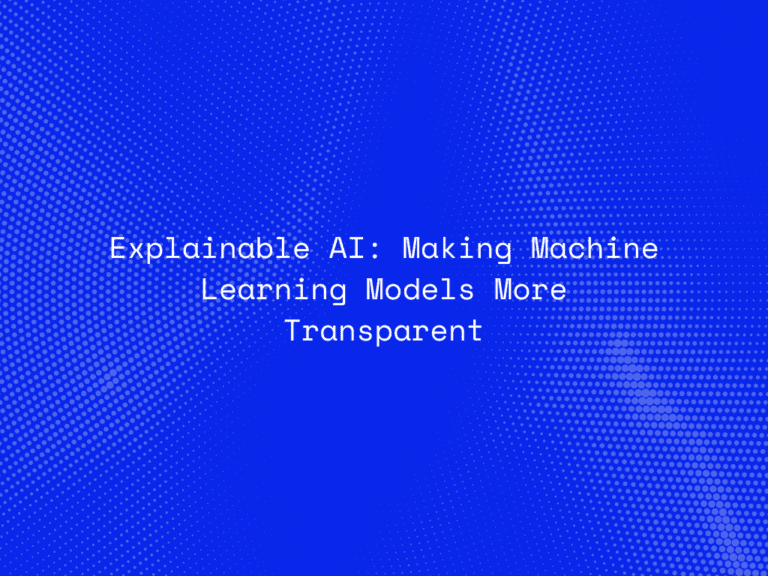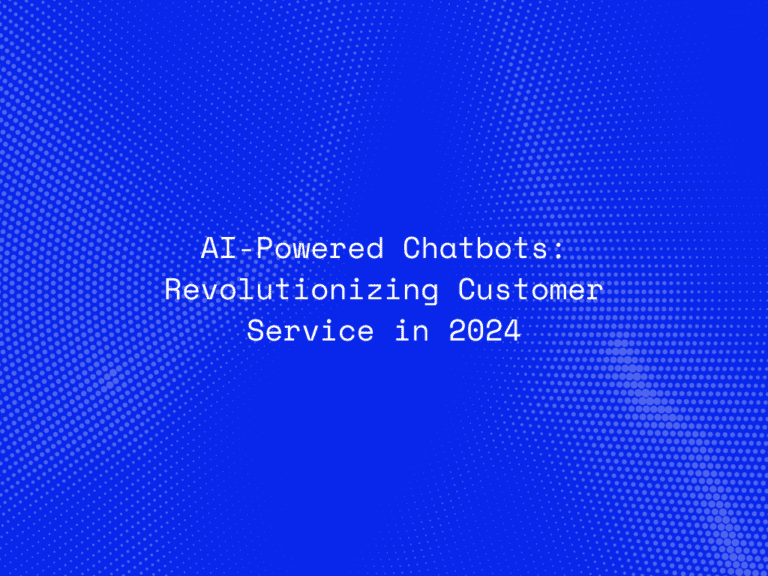For decades, creativity was seen as a uniquely human trait—born from emotion, experience, and imagination. But with the rise of generative AI, the line between algorithmic output and human originality is blurring. AI is now composing symphonies, generating artwork, writing poetry, designing products, and even co-authoring books.
So, the question arises: Can AI actually think creatively? Or is it simply mimicking patterns in clever ways?
This question isn’t just philosophical—it challenges how we define innovation in a world where machines can now “create.”
What Is Creativity—and Can Machines Truly Possess It?
Human creativity combines:
-
Originality: Producing something new.
-
Value: It must be useful, beautiful, or meaningful.
-
Intent: Rooted in human expression and purpose.
AI, on the other hand, works through:
-
Pattern recognition
-
Statistical inference
-
Massive data training
So while AI-generated output may appear creative, it raises the question: Is this creativity, or computation?
The Rise of Generative AI in Creative Fields
Modern tools like ChatGPT, DALL·E, Midjourney, Sora, and Runway demonstrate AI’s creative prowess:
-
Writers use AI for storytelling, ideation, and editing.
-
Designers use it to generate layouts, concepts, and color palettes.
-
Musicians use AI to experiment with melodies and remix styles.
-
Filmmakers and animators generate entire scenes, effects, or narratives.
The result? AI is no longer just supporting creativity—it’s collaborating in it.
Where AI Excels at Creativity
-
Speed and Scale
AI can generate thousands of ideas in seconds—helpful for brainstorming or iteration-heavy tasks. -
Boundary-Pushing Innovation
AI models trained on diverse, global datasets can combine concepts across domains humans may not naturally link (e.g., surrealistic art or hybrid musical genres). -
Personalization at Scale
AI enables hyper-personalized creative outputs—tailoring content for individual users in real time. -
Augmenting Human Creativity
AI acts as a co-creator—suggesting, remixing, and enhancing what humans initiate.
Where AI Still Falls Short
-
Intentionality
AI doesn’t have consciousness, intuition, or purpose. It can’t create because it feels inspired or wants to express emotion. -
Contextual Depth
AI can lack cultural nuance, humor, or emotional subtlety—important elements of human creativity. -
Ethical Judgment
It doesn’t understand appropriateness, ethics, or consequences of creative expression. -
Creative Risk
Humans innovate by breaking norms and taking risks. AI, trained on past data, tends to optimize for what’s already been done.
AI + Human: The Future of Creativity Is Collaborative
The most exciting model isn’t AI replacing human creativity—it’s AI enhancing it. Think of it as a creative partner:
-
Writers use AI to beat writer’s block.
-
Marketers use it to test campaign variations.
-
Architects use AI to simulate design ideas before modeling them.
The creative process becomes more iterative, exploratory, and inclusive.
“AI doesn’t replace the artist—it becomes the brush, the canvas, and sometimes the muse.”
Rethinking Innovation in the Algorithm Age
With AI:
-
Innovation becomes faster, but not always deeper.
-
Ideation becomes democratized, but authenticity still matters.
-
Creativity becomes accessible, but originality still demands curation.
Organizations must rethink:
-
How creative teams operate
-
What creative education looks like
-
How to protect IP in a world of machine-made content

Ethics and Ownership: Who Owns AI-Generated Creativity?
A key challenge of AI creativity is legal and ethical:
-
Who owns AI-generated content—creator, user, or platform?
-
How do we detect deepfakes, plagiarized content, or AI bias in creative works?
-
Should AI disclose authorship or inspiration sources?
As laws evolve, so too must our understanding of creative authorship in the algorithmic era.
Conclusion: The New Face of Creativity
AI may not “think” creatively in the human sense, but it absolutely amplifies our capacity to imagine, explore, and innovate.
As we enter this new era, the question isn’t whether AI can be creative. It’s:
-
How do we redefine creativity in a world where machines participate?
-
How do we keep human originality and meaning at the center?
Because ultimately, creativity isn’t just about making things—it’s about making meaning.




